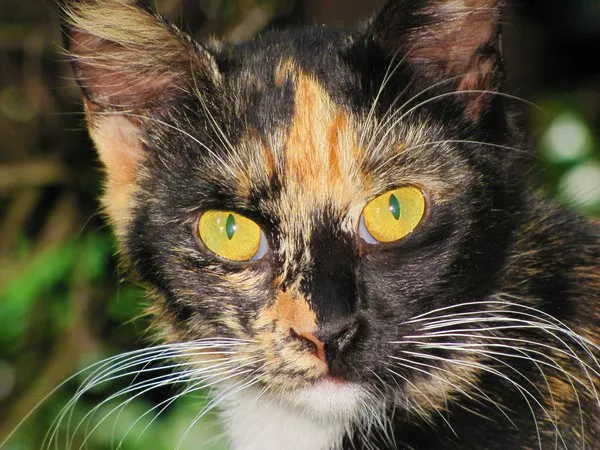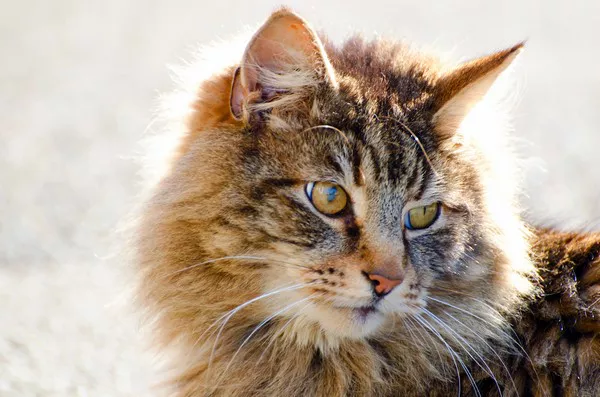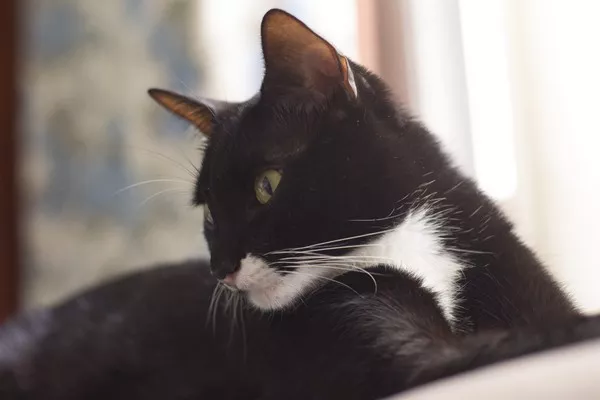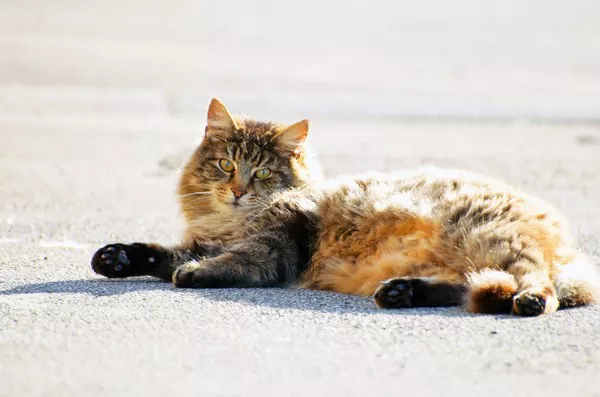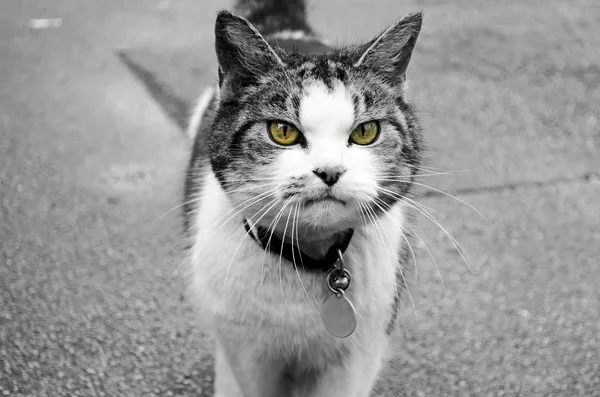Burmese cats are known for their affectionate nature, playful demeanor, and strong bonds with their human companions. However, like all cats, Burmese cats have their own needs and preferences when it comes to alone time. Many cat owners wonder whether it’s safe to leave their Burmese cat alone during the day while they’re at work or away from home. In this article, we will explore the factors to consider when leaving your Burmese cat alone, as well as strategies for ensuring their well-being and comfort while you’re away.
Understanding Burmese Cats
Burmese cats are a breed known for their social and outgoing personalities. They thrive on human interaction and companionship and can become quite attached to their owners. Burmese cats are often described as “people-oriented” and may exhibit behaviors such as following their owners around the house, sitting on their laps, and even sleeping in their beds.
Despite their affectionate nature, Burmese cats are also independent creatures that enjoy exploring their environment and engaging in solo play. While they may miss their owners when they’re away, Burmese cats are generally capable of entertaining themselves and managing their own needs for short periods.
Factors to Consider
Before leaving your Burmese cat alone during the day, consider the following factors:
Age: Young kittens and senior cats may require more supervision and attention than adult cats. Kittens, in particular, have higher energy levels and may need frequent play sessions and social interaction throughout the day.
Temperament: Every cat is unique, and individual temperament can vary widely among Burmese cats. Some may be more independent and content to entertain themselves, while others may crave constant companionship and attention.
Environment: The layout and setup of your home can influence your Burmese cat’s ability to entertain themselves and access essential resources such as food, water, and litter boxes. Ensure that your home is safe and stimulating for your cat while you’re away.
Health: Consider your Burmese cat’s overall health and any specific medical needs they may have. Cats with chronic health conditions or special dietary requirements may require additional care and monitoring while you’re gone.
Duration of Absence: The length of time you’ll be away from home is a crucial factor to consider. While most Burmese cats can handle short periods alone during the day, prolonged absences may require alternative arrangements such as hiring a pet sitter or enlisting the help of a trusted friend or family member.
Tips for Leaving Your Burmese Cat Alone
If you need to leave your Burmese cat alone during the day, here are some tips to ensure their well-being and comfort:
Provide Plenty of Resources: Make sure your Burmese cat has access to fresh water, food, and a clean litter box before you leave. Consider using puzzle feeders or interactive toys to keep them mentally stimulated and engaged while you’re away.
Create a Safe Environment: Remove any potential hazards or dangerous items from your home that could pose a risk to your cat while you’re gone. Secure windows and doors, and consider confining your cat to a safe area of the house if necessary.
Offer Entertainment and Enrichment: Leave plenty of toys, scratching posts, and climbing structures to keep your Burmese cat entertained and engaged while you’re away. Rotating toys regularly can help prevent boredom and encourage exploration.
Provide Comfortable Resting Areas: Ensure that your Burmese cat has access to comfortable resting spots where they can relax and nap throughout the day. Consider placing cozy beds or blankets in quiet, secluded areas of your home where they can retreat if they feel anxious or overwhelmed.
Consider a Companion: If your Burmese cat enjoys the company of other animals, consider getting a companion pet such as another cat or a compatible dog to keep them company while you’re away. However, be sure to introduce any new pets gradually and monitor their interactions closely.
Establish a Routine: Cats thrive on routine and predictability. Try to maintain a consistent schedule for feeding, playtime, and other activities to help your Burmese cat feel secure and comfortable in your absence.
Conclusion
While Burmese cats are social and affectionate creatures, they are also capable of being left alone for short periods during the day. By considering factors such as age, temperament, environment, health, and duration of absence, you can ensure that your Burmese cat remains safe, happy, and comfortable while you’re away. Providing plenty of resources, creating a safe environment, offering entertainment and enrichment, providing comfortable resting areas, considering a companion, and establishing a routine are all essential strategies for leaving your Burmese cat alone with peace of mind. However, if you have concerns about leaving your cat alone or if your cat exhibits signs of distress or anxiety when left alone, consider consulting with a veterinarian or animal behaviorist for personalized advice and guidance. With proper planning and care, you can help your Burmese cat thrive even when you’re not at home.


